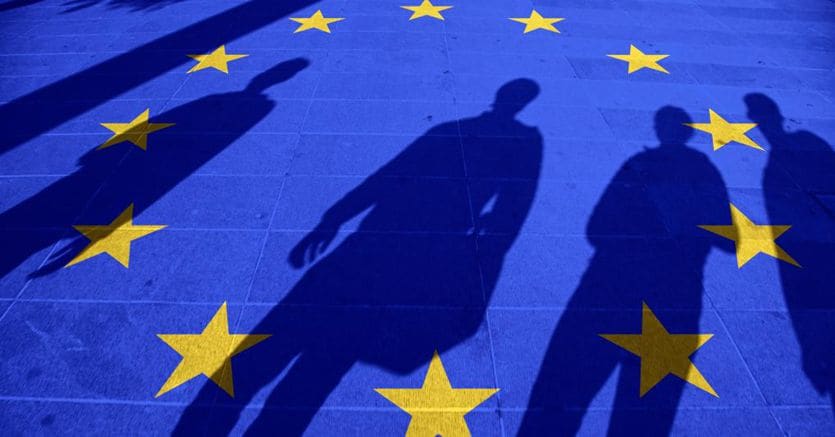"The future? Recycling in orbit»- Corriere.it

Debris removal is only a first step, the goal for the future is to bring the satellites to an orbital recycling station. If we want a truly sustainable space economy, this is the future, says Luca Rossettini, aerospace engineer, CEO and founder of D-Orbit, nominated among the finalists of the European Inventor Award, a recognition dedicated to excellent inventions patented by the European Office of patents (EPO). Rossettini and the D-Orbit team created a system to manage both the repositioning and removal of orbiting satellites. The deactivation device designed by the company is called D-Orbiter (D3) and a small independent and intelligent rotor that is attached to a satellite before its launch. The device remains inactive until it detects a satellite malfunction and notifies the operators on Earth. D-Orbit also created the ION Satellite Carrier, a multipurpose spacecraft that can carry satellites into orbit and drop them exactly where they need to be to begin their mission.
The internship at NASA and the birth of D-Orbit
Rossettini founded the company in Fino Mornasco (Como) after an internship at the NASA Ames Research Center. I met Renato Panesi, co-founder of D-Orbit. We entered a mini-satellite project. That experience made us realize that we were facing a turning point and, once back in Italy, we decided to embark on this adventure, explains the aerospace engineer. Rossettini dreamed of being an astronaut, he took the competition from ESA, the European space agency, but did not go. I didn't make it - he recalls - and then due to age limitations I couldn't try again. From there, however, I came up with the idea of offering everyone the possibility of going into orbit. In 2009, thanks to the Fulbright BEST, the under 35 scholarship offered by the Italian Business Investment & Initiative, he went to Silicon Valley. From that experience in America he developed the idea of uniting sustainability with the aerospace sector.
A growing sector
After gaining experience both in a venture capital company and at NASA, Rossettini returned to Italy and founded D-Orbit, which today employs over 270 people from 18 different countries. In 2023 we plan new hires, we will become more than 300. This year we had a 240% growth compared to 2022 and we expect a similar result in 2024, he says. But it was hard at first. Nobody believed in it, the theme of space debris was not understood - explains Rossettini -. At ESA we met a manager who had put together a team of guys to deal with waste in space, but it seemed like something for pioneers. Now that the problem is affecting the satellite economy, companies are much more aware and are looking for solutions. According to the European Space Agency (ESA), more than 15,000 satellites have been sent into Earth orbit since 1957. More than 600 collisions, explosions and crashes in space have torn many of these vehicles to pieces, and as a result, more than 36,500 objects larger than 10cm are hurtling around the Earth. Today, we have hundreds of fragments in orbit that pose the biggest threat to satellites. We don't know where they are. So, every time you send a satellite you make a bet not to be hit by any of this debris - underlines the CEO of D-Orbit -. But of course we can't keep betting, especially if you want to build a business in space.










